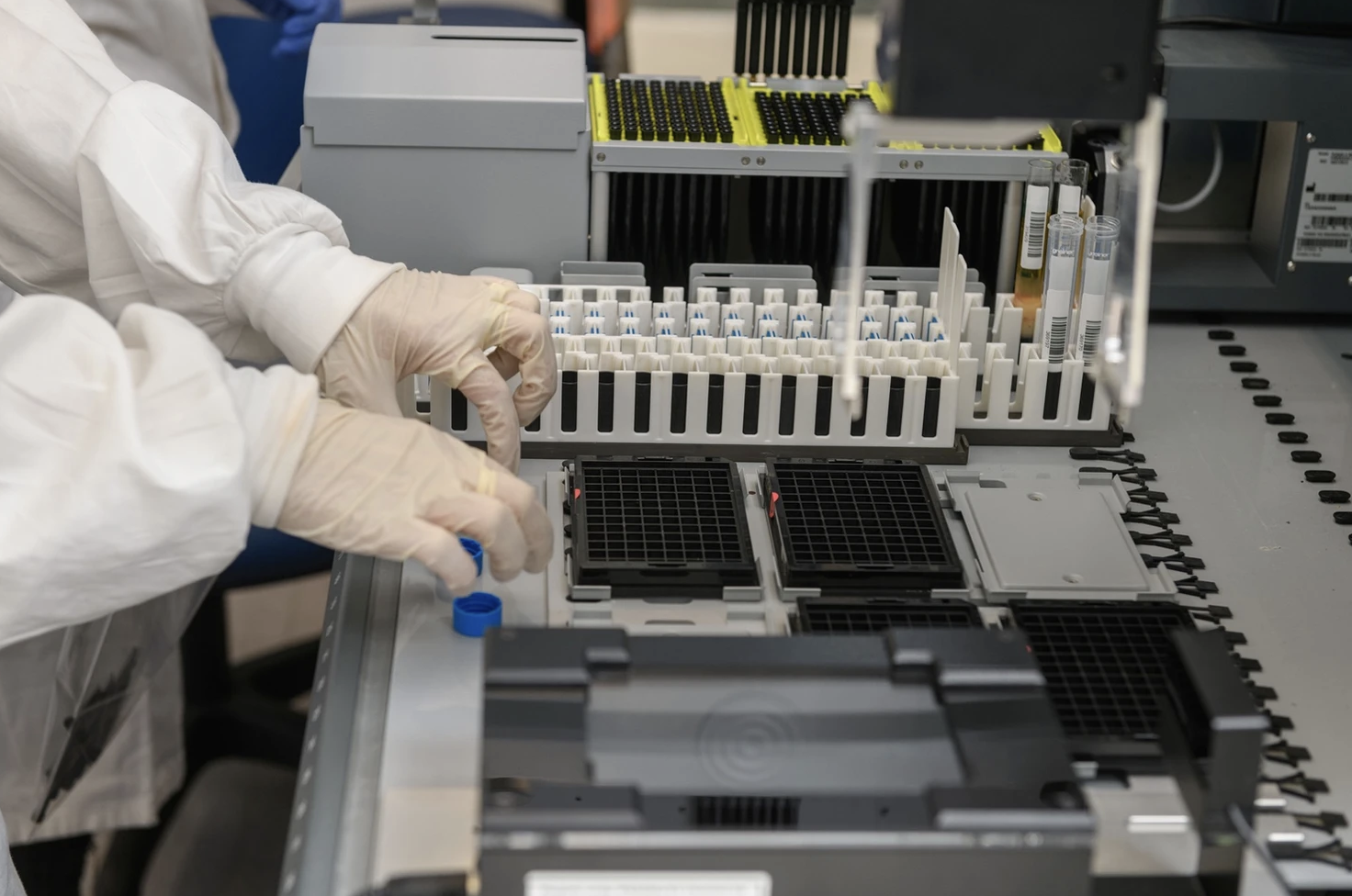The Influence of Sub-gravity on Malignant Cells with or without Chemotherapy
בשיתוף:












Investigating microgravity-induced changes in cancer cells to advance childhood leukemia treatment
The Influence of Sub-gravity on Malignant Cells with or without Chemotherapy
Chief researcher: Yehudit Birger, Hematology-Oncology Division, Schneider Children’s Medical Center
In partnership:












Investigating microgravity-induced changes in cancer cells to advance childhood leukemia treatment
Leukemia, the most common childhood cancer, necessitates lengthy and aggressive treatment. While current treatments are generally effective, they are often highly toxic, with short- and long-term side effects. To explore alternatives, the Hematology-Oncology Division at Schneider Children’s Medical Center is investigating the impact of microgravity on T-cell acute lymphoblastic leukemia (T-ALL) cells by sending them to space in a miniature laboratory.
The experiment’s findings were compared to an identical experiment conducted on Earth to allow researchers to monitor differences in gene expression within the cells. Preliminary experiments in microgravity have suggested a hypersensitivity in cancer cells, indicating that this study could shed light on how microgravity affects cellular mechanisms.
These insights could contribute to the development of innovative treatments for aggressive and persistent cancers, ultimately reducing the side effects associated with current therapies. The experiment was conducted in collaboration with and with the participation of children treated at the Hematology-Oncology Division of Schneider Children’s Medical Center.
Read the article
The Influence of Sub-gravity on Malignant Cells with or without Chemotherapy
بالشراكة:












Investigating microgravity-induced changes in cancer cells to advance childhood leukemia treatment






.jpeg)








%20(1).jpeg)
.jpeg)





-min%20(1).jpeg)
.jpeg)














